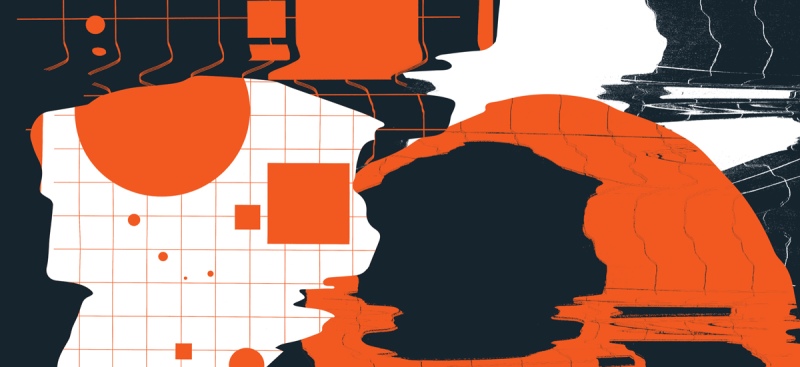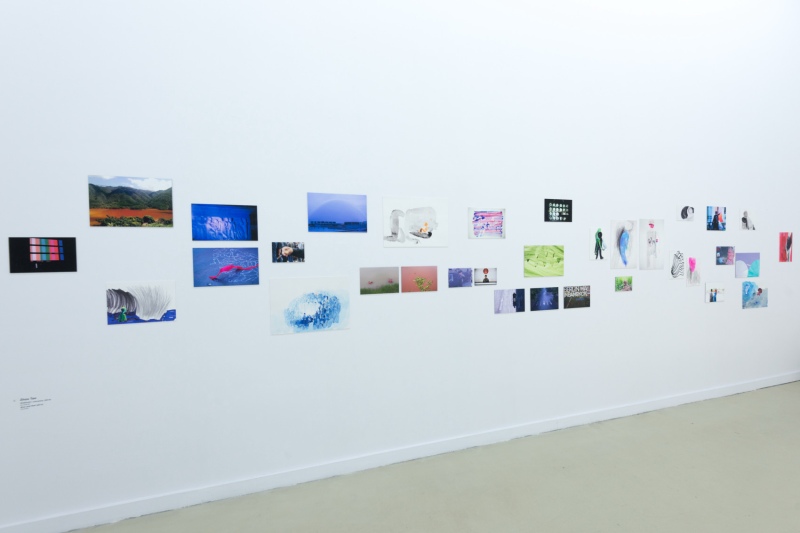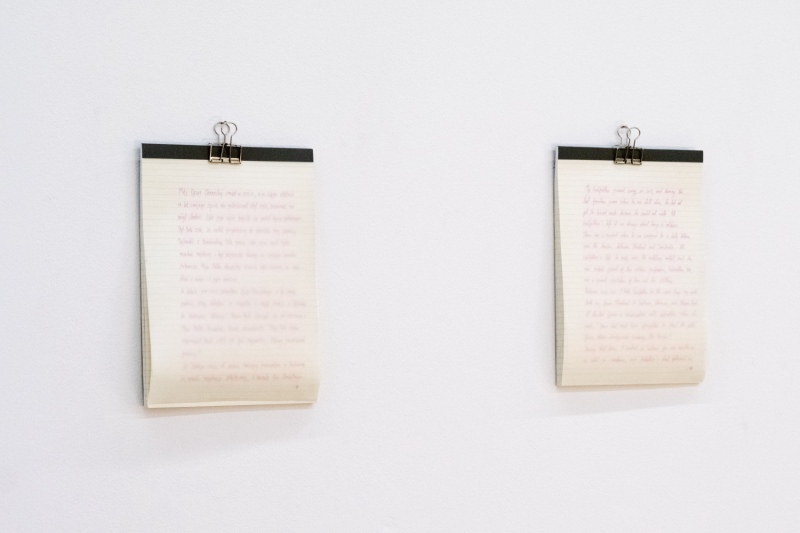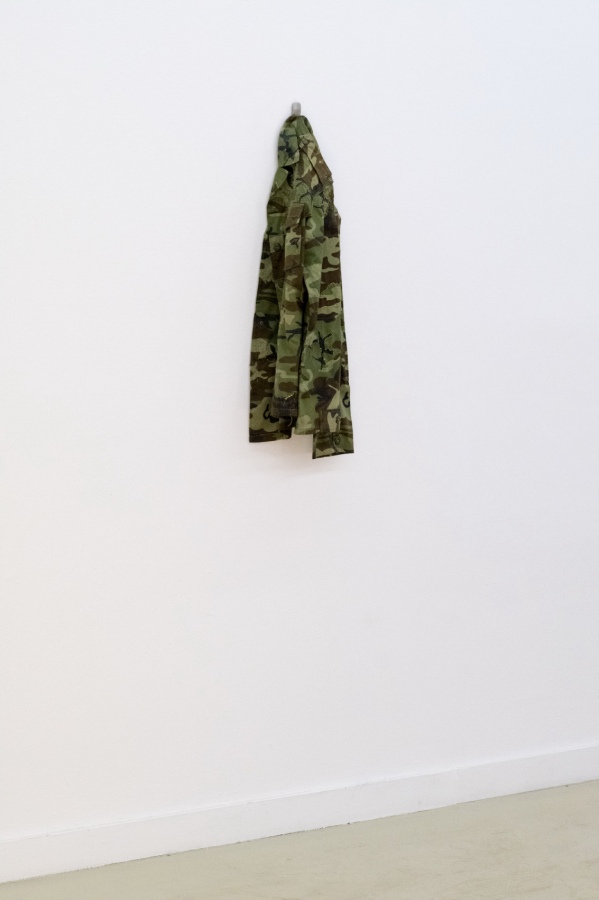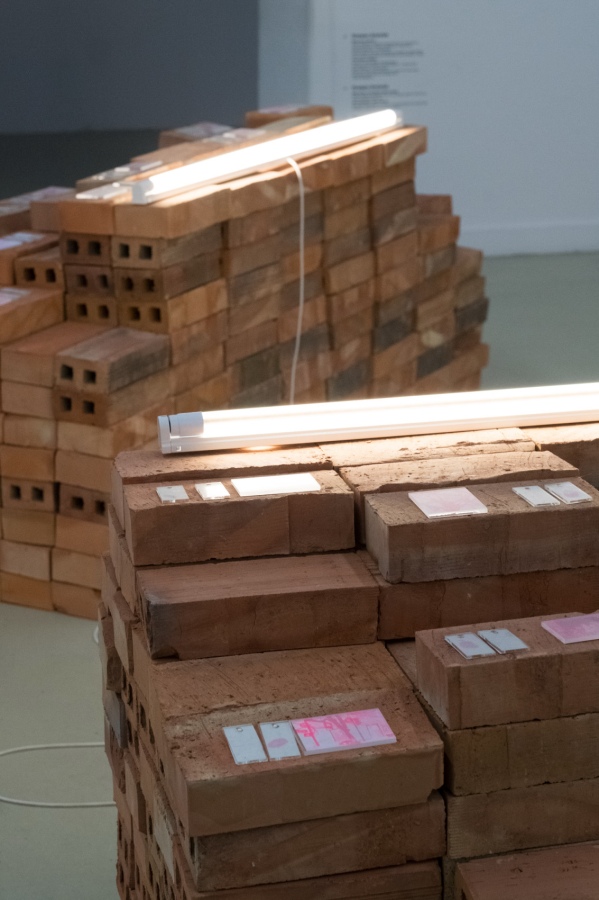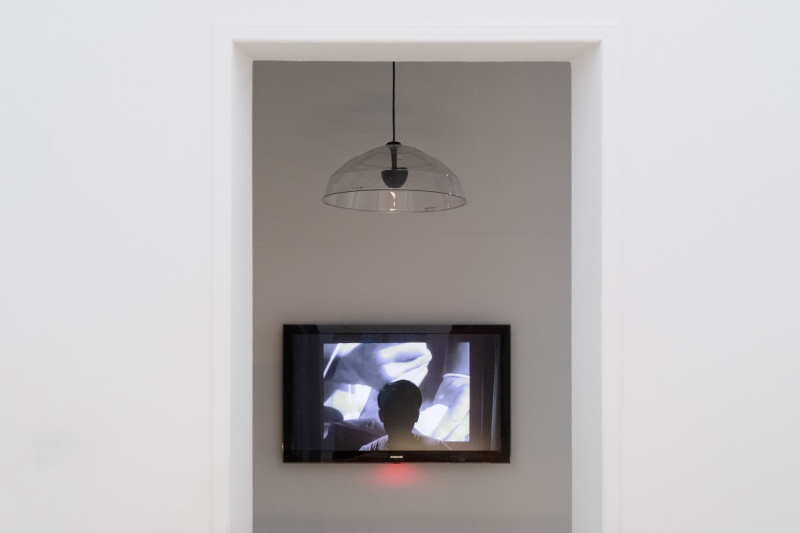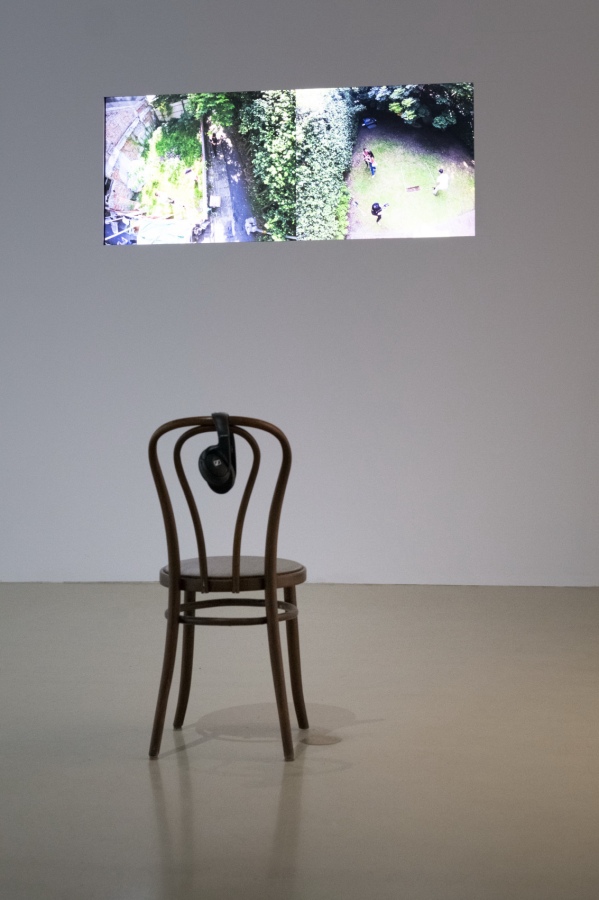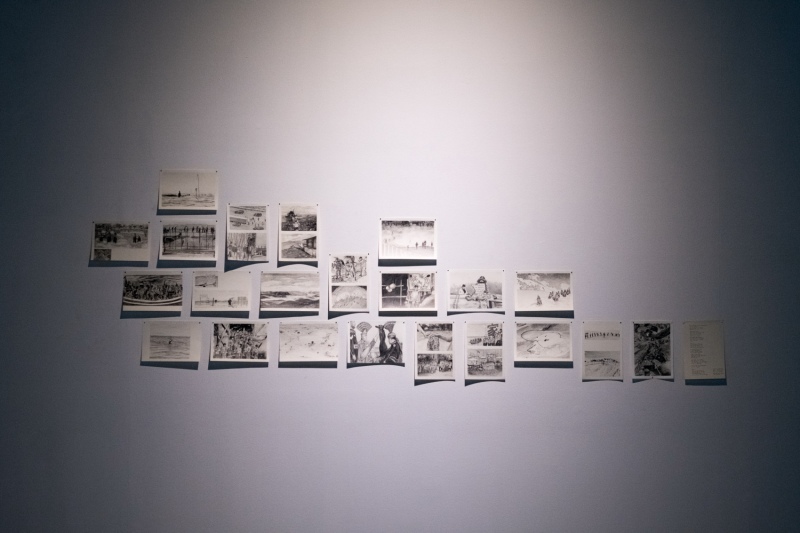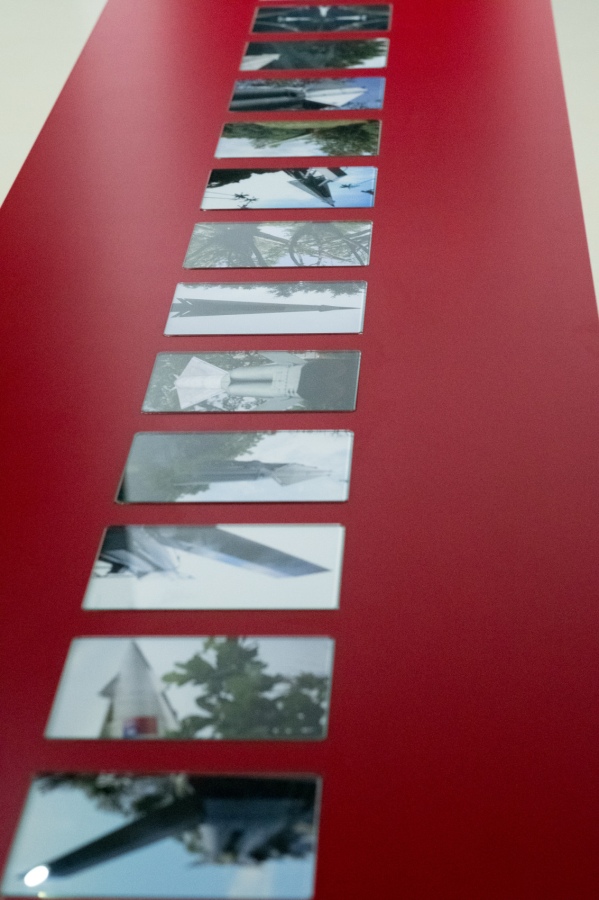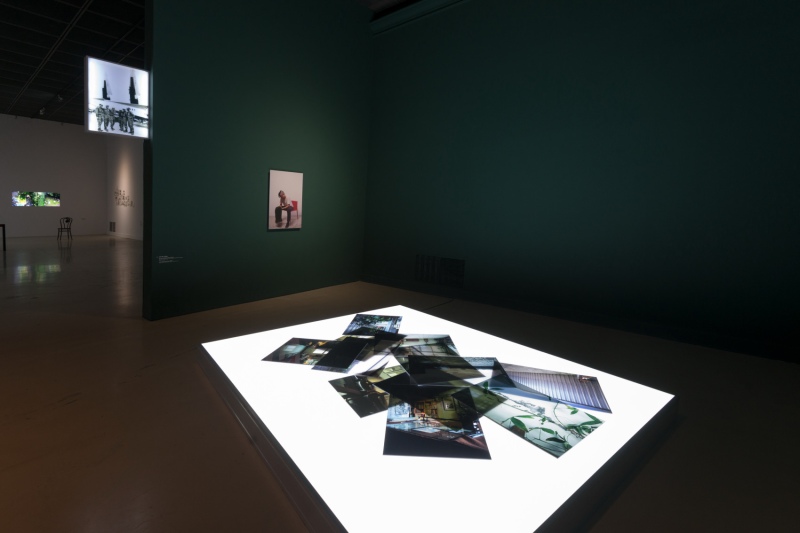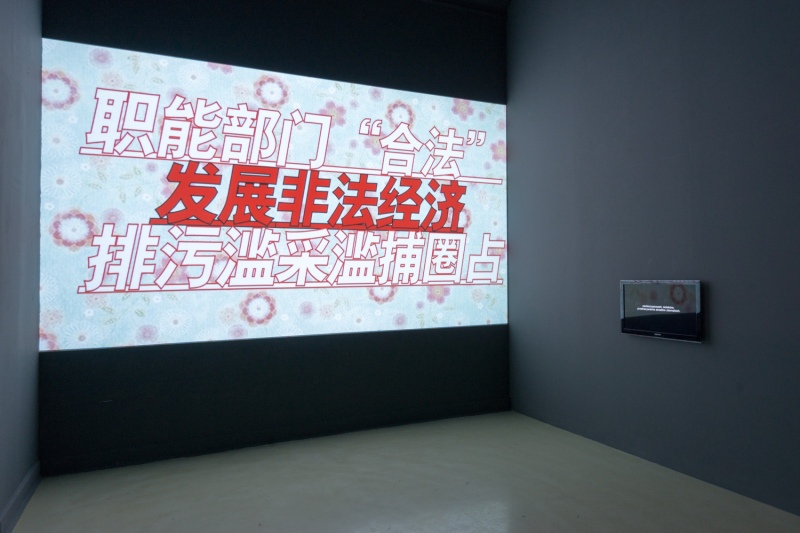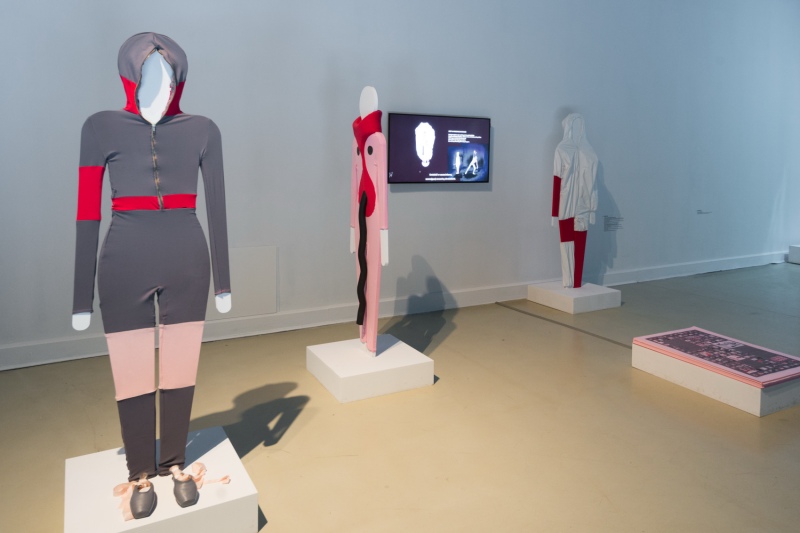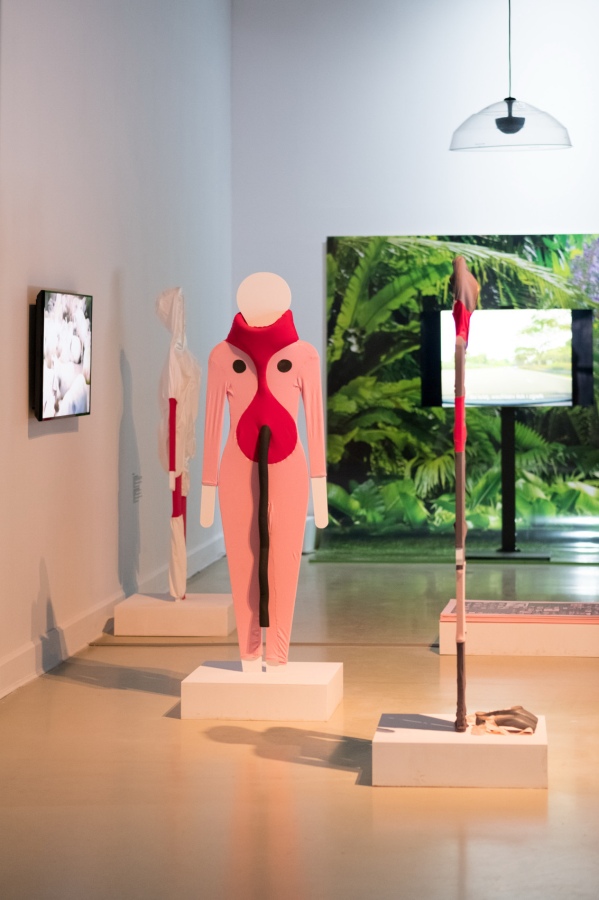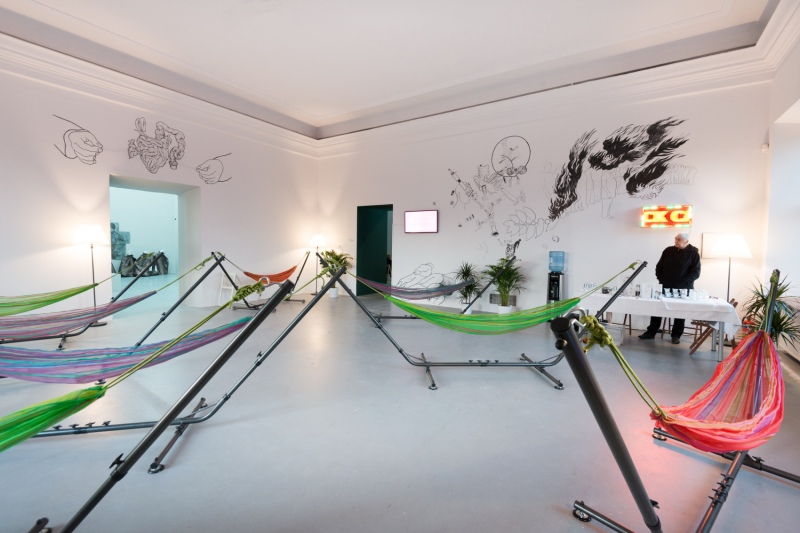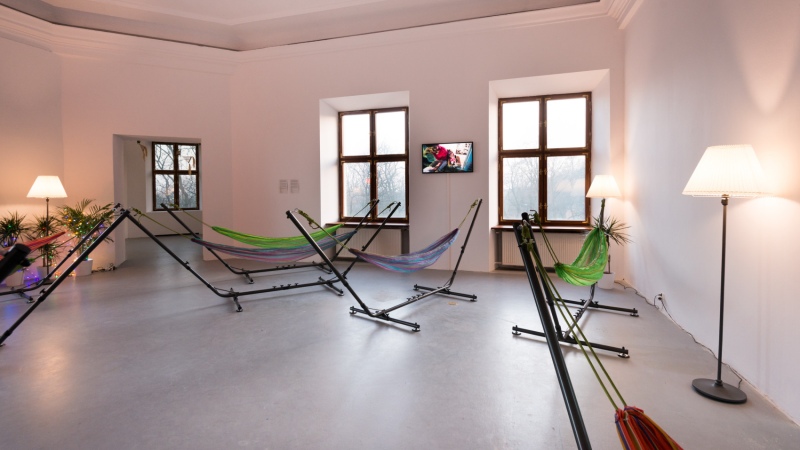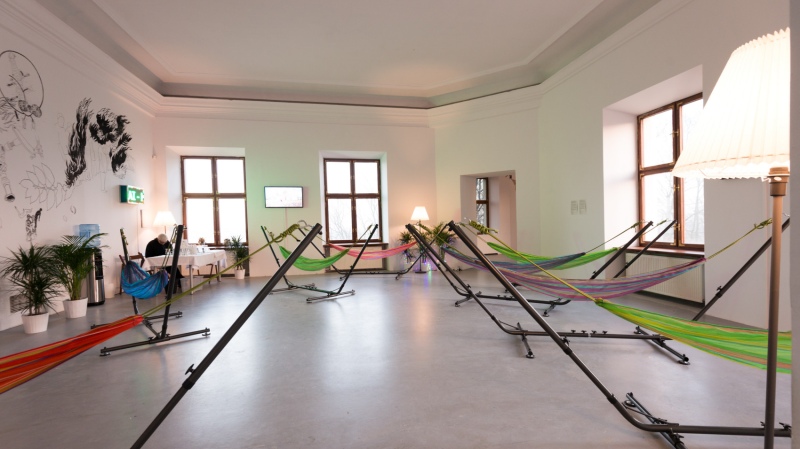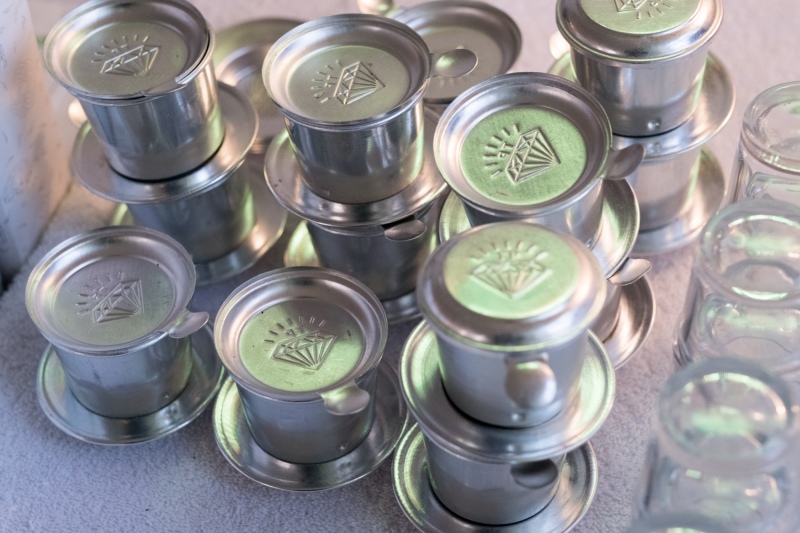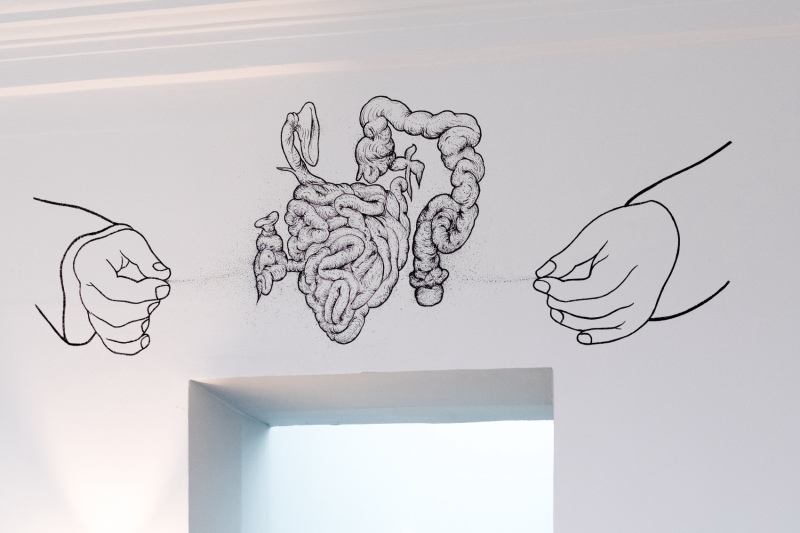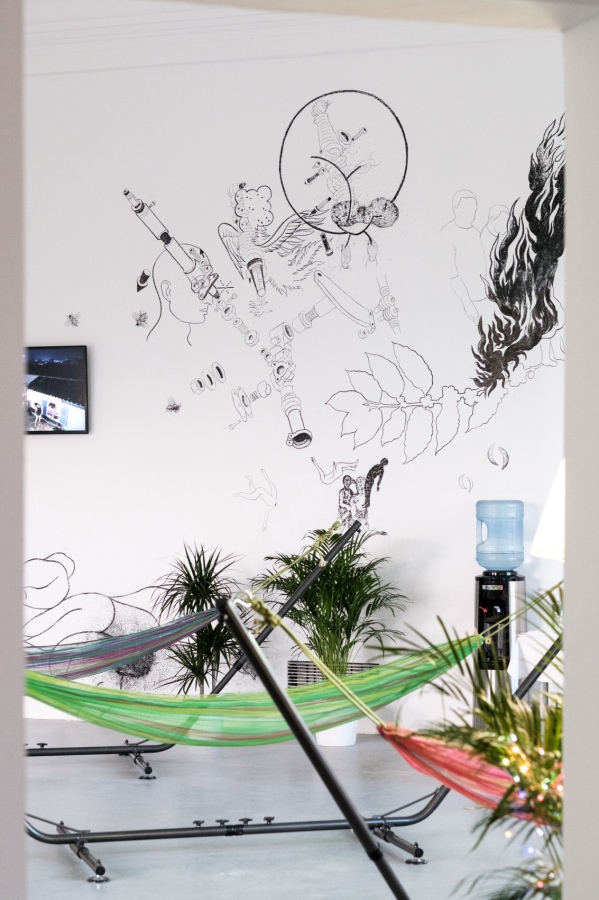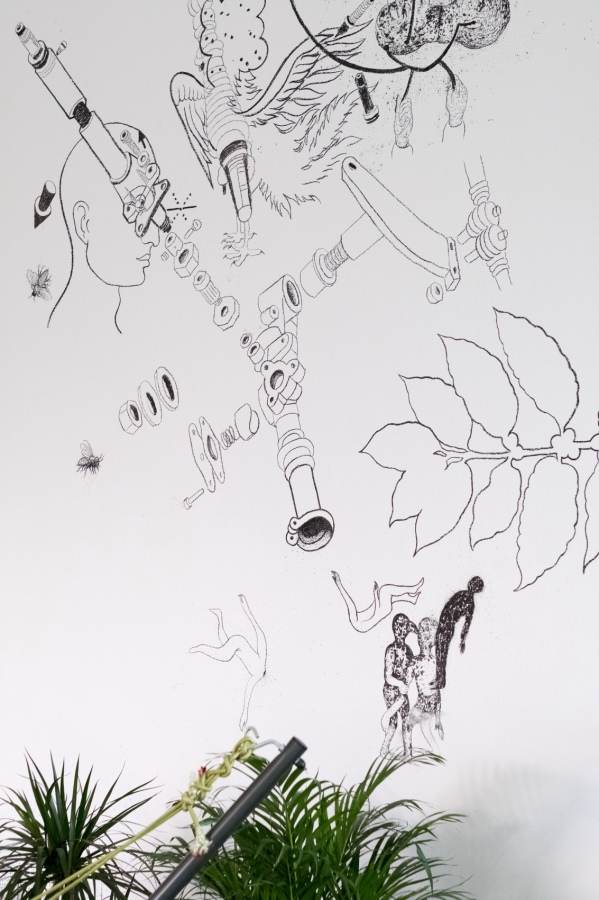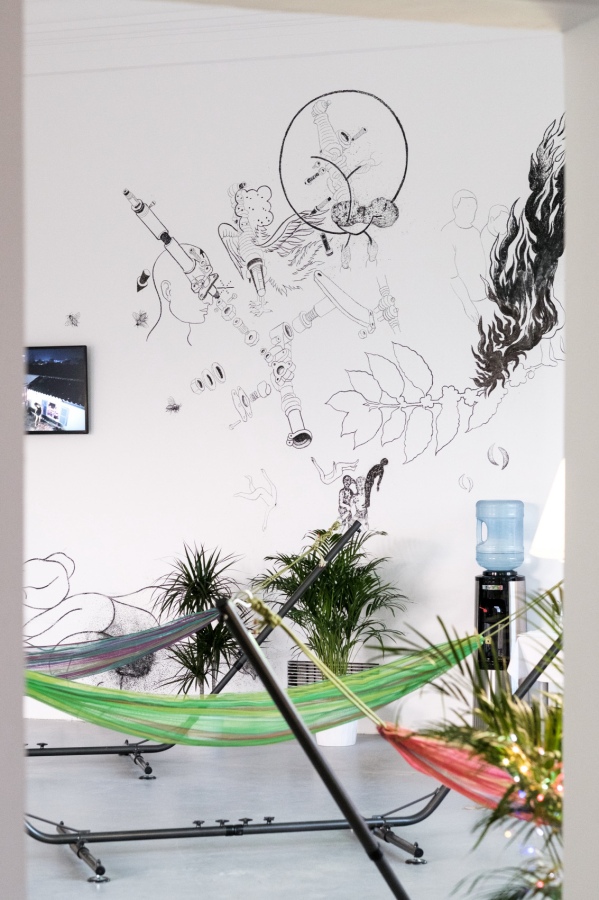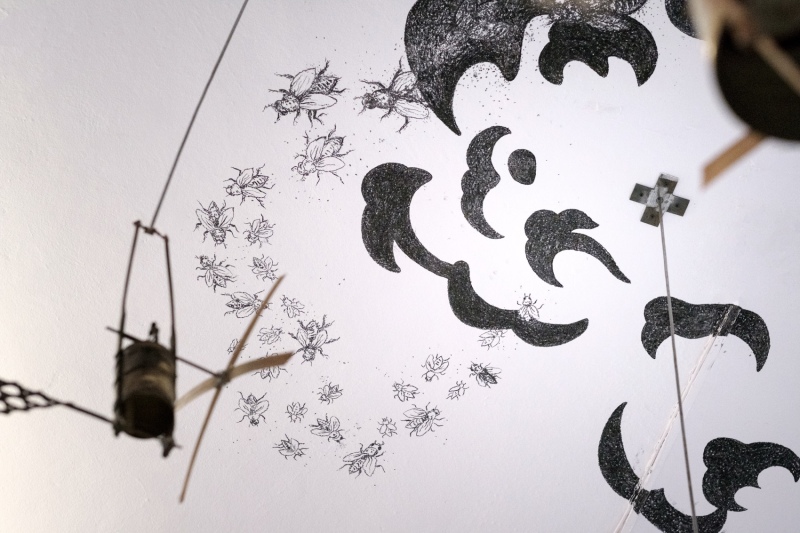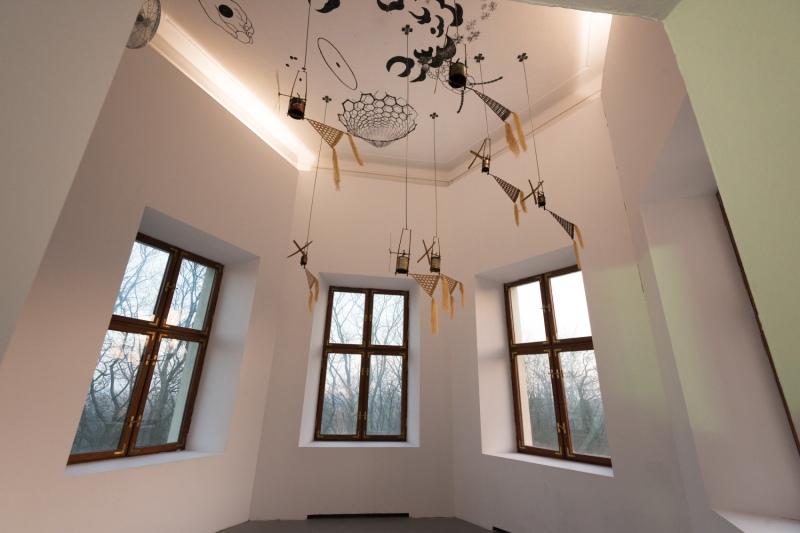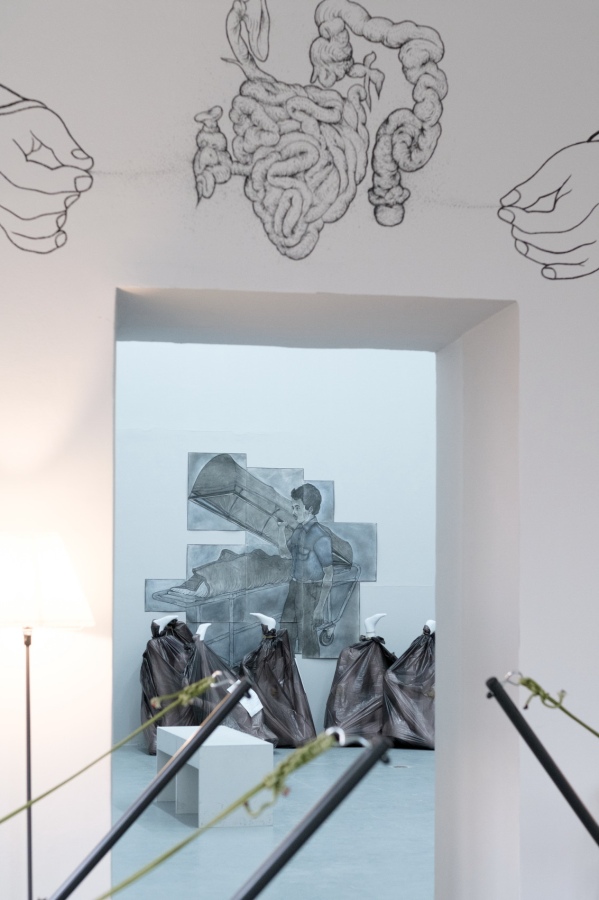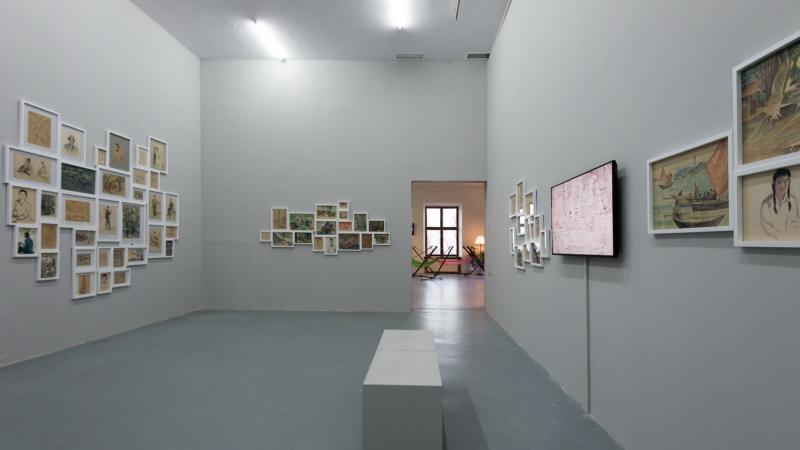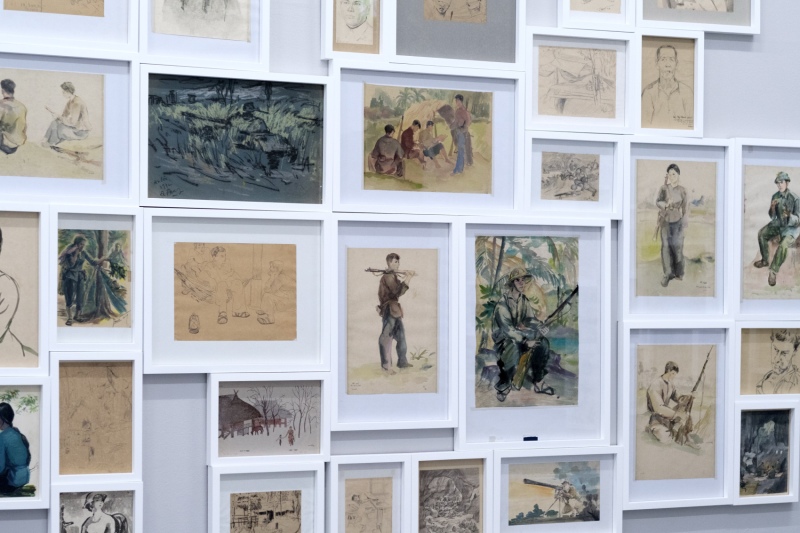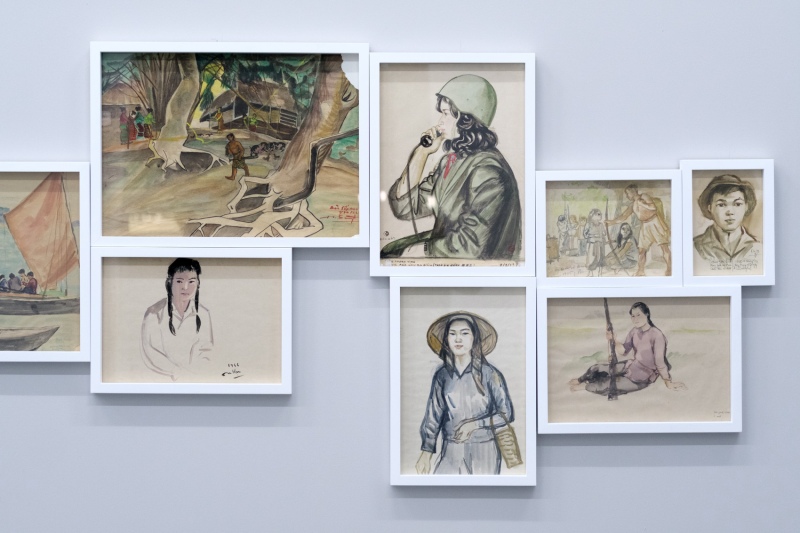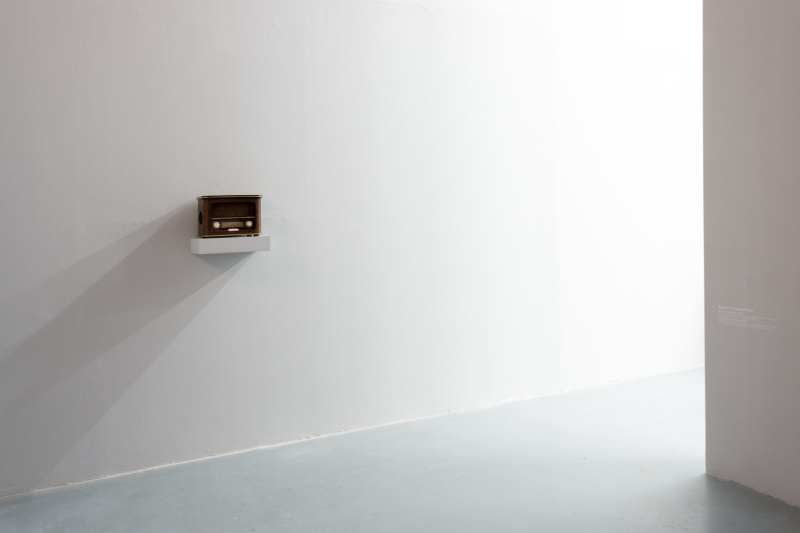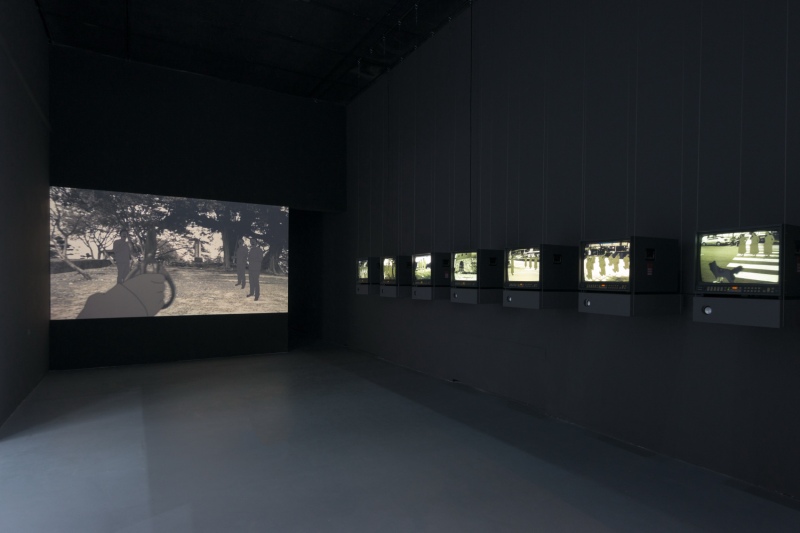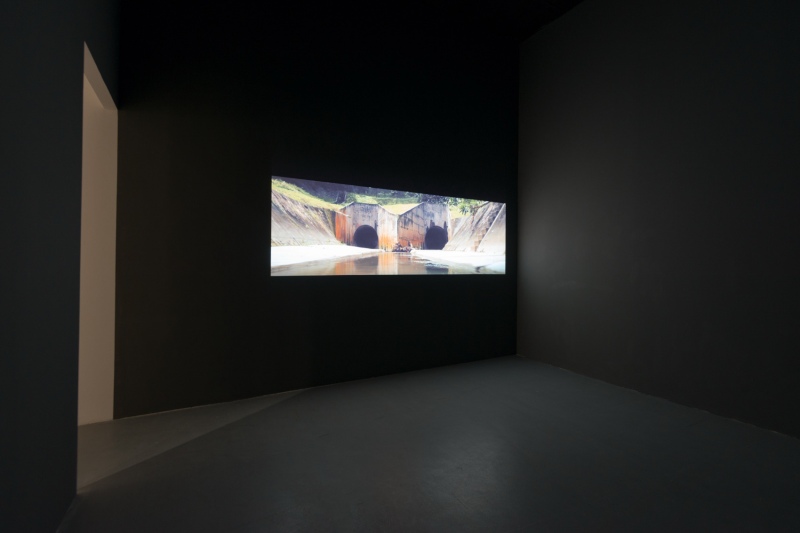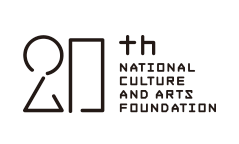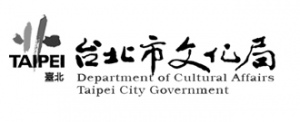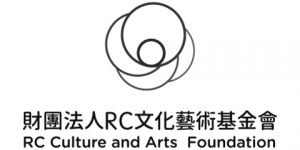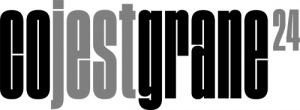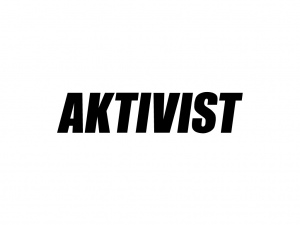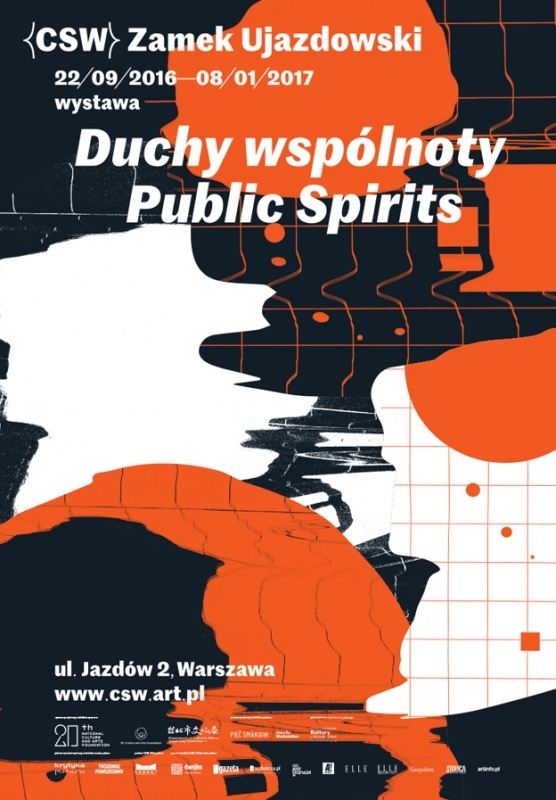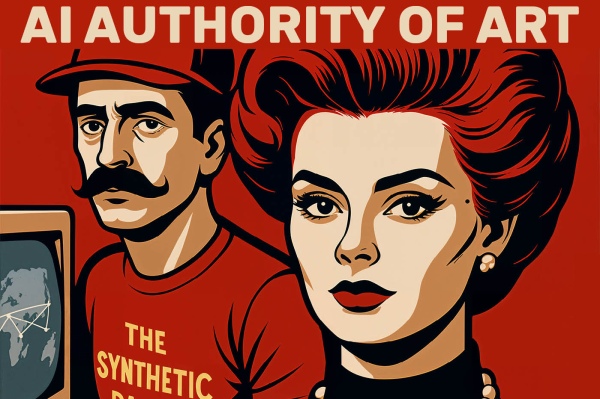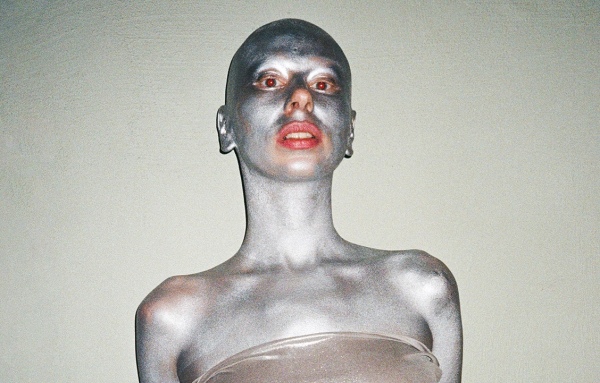Public Spirits
The exhibition Public Spirits is an insight into the artistic response to the experience of globalization in regions which are now the scenes of diverse clashes, sometimes due to conflicting traditions, conflicting geopolitical interests, as well as the uncertain democratization of authoritarian regimes. These are stories about the activities of various communities, which may complement or act as a counterproposal to the history of communities and nations.
Artists from Southeast Asia, mainland China, and Taiwan utilize the force of poetic visions or political engagement, working with memory as well by means of group activities to invoke lost public spirits (e.g. owing to modernization processes) or those that have not yet arrived. They give voice to groups that are overlooked in political or historical narratives. They are often communities based on true bonds, shared experiences or histories. Even if they are ephemeral – such as a group of scooters forming a joint choreography on a busy street or a community which originated from the inspiration of the metaphor of the dew - they are an alternative to the dominant economic and geopolitical powers.
Political, economic as well as social contexts in thisthese local groups region of Asia act as a point of departure for deliberation on the function of contemporary art in a globalized world. This is yet another – after the exhibitions KURZ / DUST / غبار and El Hadji Sy. At first I thought I was dancing - presentation of non-Western perspectives on global art in the program of the Ujazdowski Castle Centre for Contemporary Art.
The exhibition Public Spirits is the outcome of a research project by Taiwanese curator Meiya Cheng concerning artistic activities for the society and the communities of the countries of Southeast Asia, mainland China, as well as Taiwan.
Artists invited to participate in the exhibition propose a critical revision of the history and cultural traditions of their countries. They unmask the mechanisms of authority, look at the often marginalized narratives of the minority, and they are turning to unofficial communities instead. They reveal the extremely diversified political background and social conditions of the contemporary reality of Southeastern Asian countries - Thailand is currently a monarchy ruled de facto by a junta military, while Vietnam and Cambodia continue to struggle with their communist past and authoritarian historical discourse. Singapore is a city-state, which now celebrates fifty years of independence; from a poor fishing village it has become, despite a lack of natural resources, one of the richest countries in the world with democratic governments and politics that look towards the future.
Strong social control of the population and political pressure in public life keep the issues of freedom of speech and religion as well as social exclusion from coming to the fore. Vast wealth inequality and the gap between traditional lifestyles and city life are enormous. Open public debates, developing a common vision of the future, and the revision of the dominant historical narratives tend to be very difficult, if not impossible. The processes of modernization in many Asian countries were based on governments sanctioning ethnic, racial, linguistic, and religious divisions. They have repeatedly become the basis for the exclusion or expulsion of certain groups or even the use of systematic and institutionalized violence (e.g. the bloody rule of the Khmer Rouge in Cambodia). The rise and fall of authoritarian military regimes and monarchies in Taiwan, Malaysia, Indonesia, and Thailand is one of the topics covered in the exhibition.
The installations and video works from Vandy Rattana and Vuth Lyno from Cambodia as well as the Thai artist Sutthirat Supaparinya portray the impact of governments based on violence and the activities of the apparatuses of national authorities from the point of view of individuals and informal groups. The interdisciplinary projects undertaken by the artistic collectives Art Labor from Ho Chi Minh City (Vietnam) and lifepatch from Yogyakarta (Indonesia) are established on long-term social surveys conducted amongst local communities. Cooperation with these local groups and joint project engagement is based mostly on personal relationships and aims to create a network of contacts and alternative power structures. Thanks to such collectives, national structures, in which citizens are not always permitted participation in politics, yield to the political societies acting within the framework of grass-roots communities.
